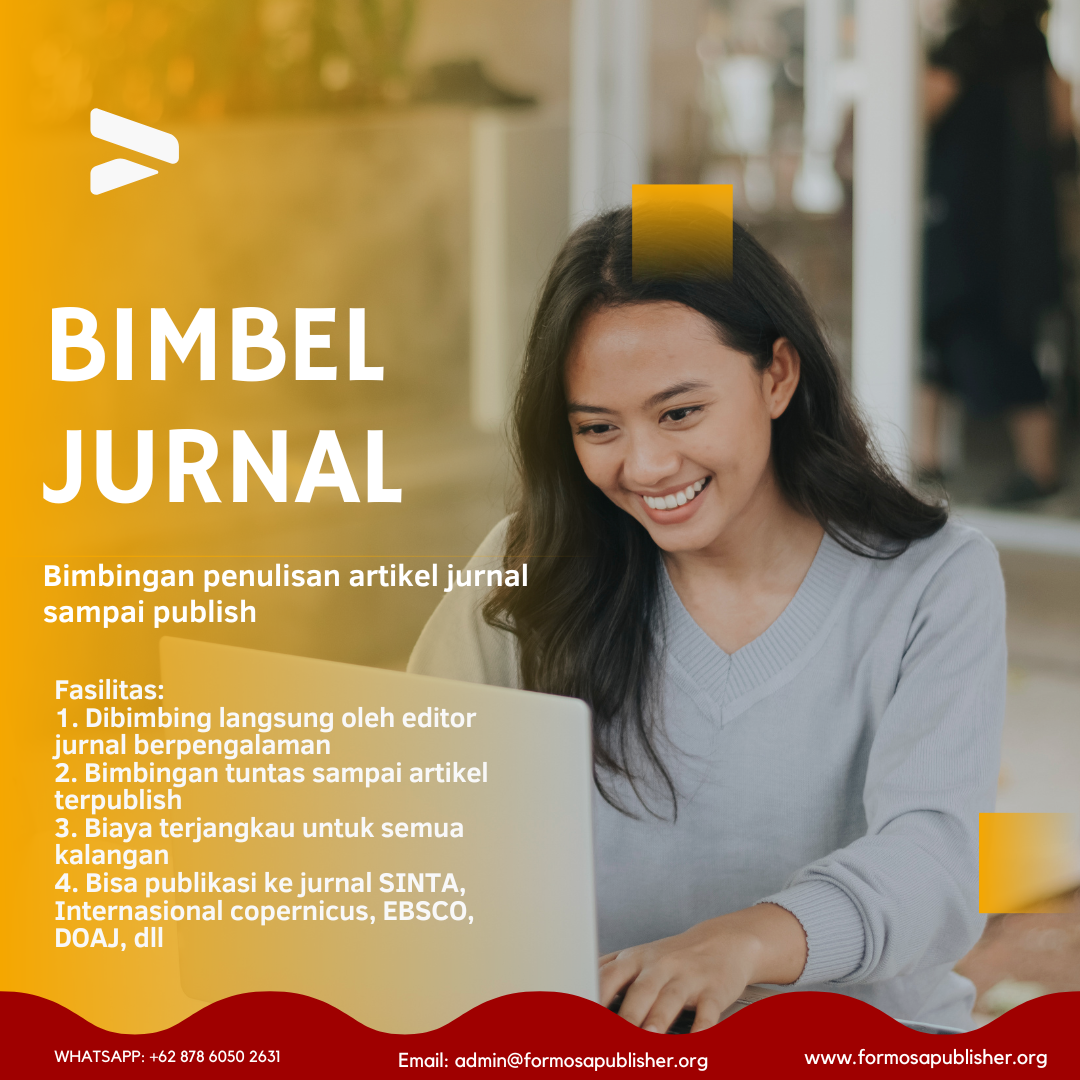Konsep Al-Qur’an sebagai Sumber Utama dalam Hukum Islam
Keywords:
concept, al-qur'an, Islamic law, fiqh/sharia, madhhab.Abstract
This research is a library research whose data is through library sources, namely library research through library research. The study of literature (library research) is closely related to theoretical studies and other references related to the relevance of the use of the Koran in sharia economic reviews. The contents of the Qur'an are creed, worship, morals, law, warning/tadzkir, history or stories and signs for those who carry science and technology. The language style of the Qur'an in conveying the law is not burdensome or troublesome, does not add to the burden/demand and is gradual in ordering something. Qath'i and Zhanni are quite complicated discussions among Ushuliyun or ushul fiqh scholars when dealing with the force of law (hujjah a proposition). We can understand the position of the Qur'an as a source of law from the views of the imams of the four schools of thought, namely Imam Abu Hanifa, Imam Malik, Imam Shafi'i, and Imam Ahmad Ibn Hambal.
References
Ash-Shalih, Subhi, Membahas ilmu-ilmu Al-quran, terjemah Nur Rakhim, Pustaka Firdaus Jakarta: 1993
Al-Qaththan, Manna, Pengantar Studi Ilmu Al – Qur’an, Pustaka Al Kautsar: 2004
Abu, Muhammad, Zahrah , Jakarta: PT. Pustaka Firdaus, 1994
Chirzin, Muhammad, Al-Qur’an dan Ulumul Qur’an, Dana Bakti Primayasa, Yogyakarta: 1998
Chana, Lilik, AW, Ulum Al- Qur’an dan Pembelajarannya, Surabaya:Kopertais IV Press,2014
Caprara, G. V., & Zimbardo, P. G. (2004). Personalizing politics: A congruency model of political preference. American Psychologist. https://doi.org/10.1037/0003-066X.59.7.581
Departemen Agama RI, Al-Qur’an dan terjemahnya. Cet. V; Bandung: CV. Diponegoro, 2005.
Diener, E. (2000). Subjective well-being: The science of happiness and a proposal for a national index. American Psychologist. https://doi.org/10.1037/0003-066X.55.1.34
Firdaus, “Konsep Qath’i dan Zhanni Al Dalalah dan Pengaruhnya Terhadap Penafsiran Al Qur’an”, Jurnal Hukum Diktum, Volume 11, Nomor 1, Januari 2013
Haerani, S., Parmitasari, R. D. A., Aponno, E. H., & Aunalal, Z. I. (2019). Moderating effects of age on personality, driving behavior towards driving outcomes. International Journal of Human Rights in Healthcare. https://doi.org/10.1108/IJHRH-08-2017-0040
https://mypangeranimpian.blogspot.com/2017/01/makalah-pengertiankedudukan-al-quran.html diakses tanggal 15 September 2021 jam 14.30 WIB.
Lusardi, A., Mitchell, O. S., & Curto, V. (2010). Financial literacy among the young: Evidence and implications. National Bureau of Economic Research, 358–380. Retrieved from https://www.nber.org/papers/w15352.pdf
Mardani, Hukum Islam, Jakata:Rajawali Pes, 2005
Masyur,Kahar, Pokok-pokok Ulumul Qur’an,Rineka Cipta, Jakarta: 1999
Mana’ul Quthan, Pembahasan ilmu Al-Qur’an, PT Rineka cipta, Jakarta: 1993
M. Hasbi Ashshiddieqy, Sejarah dan Pengantar Ilmu alqur’an dan Tafsir, PT Bulan Bintang, Jakarta: 1992
Shihab,Quaish, Membumikan Al Qur’an:Fungsi dan Peran Wahyu Dalam Kehidupan Masyarakat, Jakarta:Mizan,1996
Syafei,Racmat, Ilmu Ushul Fiqh, Bandung: Pustaka Setia, 2000
Syadali, Ahad, Ahmad Rofi’i, Ulumul Qur’an 1, Bandung: Pustaka Setia Abadi, 1997
Syadali, Ahmad, Ulumul Quran I , Bandung:Pustaka Setia, 2000
Sulaiman, Abdullah, Sumber Hukum Islam Permasalahan dan Fleksibilitasnya, Sinar Grafika,2009
Sabri, M. F., & MacDonald, M. (2010). Savings Behavior and Financial Problems among College Students: The Role of Financial Literacy in Malaysia | Sabri | Cross-cultural Communication. Crosscultural Communication. https://doi.org/10.3968/j.ccc.1923670020100603.009
Wahhab, Wahab, Khallaf, 'Ilm Ushul al-Fiqh. Cet XII. Kuwait: Dar al-Fikr, 1398 H./1978M
Downloads
Published
How to Cite
Issue
Section
License
Copyright (c) 2022 Tentiyo Suharto, Asmuni, Tuti Anggraini

This work is licensed under a Creative Commons Attribution 4.0 International License.
































